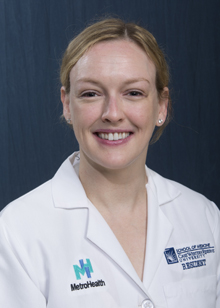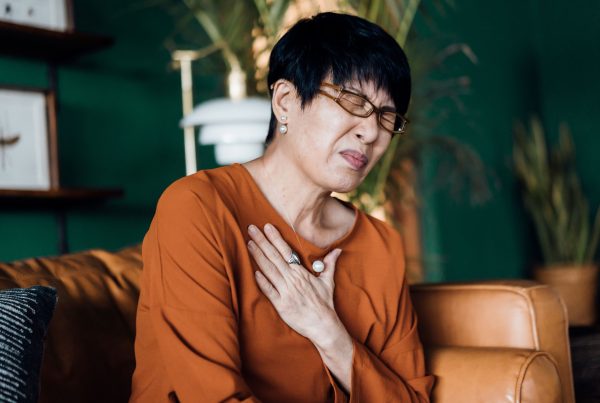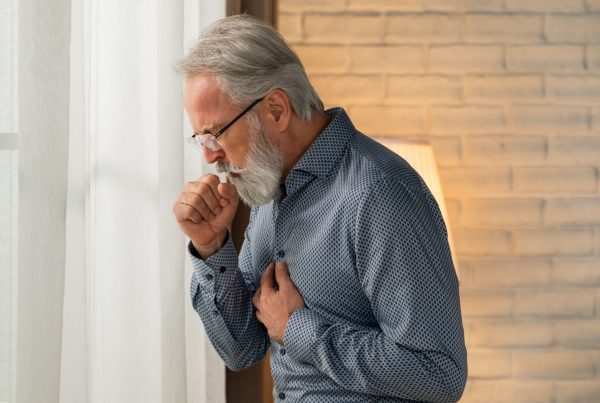Women’s health needs change throughout their lives. An OB-GYN is there for you from your teens to your 60s and beyond.
Contributor: Christina A. Krudy, MD | Obstetrics and Gynecology
OB-GYN providers aren’t just for pregnancy and babies; they care for girls and women throughout their lives.
“We wear two hats. We provide preventive care, but we are also specialists,” says Christina Krudy, MD, an OB-GYN at MetroHealth.
What you can expect during wellness visits no matter your age:
Teens
The American College of Obstetricians and Gynecologists says young women should see an OB-GYN between ages 13 and 15, to talk about period problems or puberty-related issues. This is also a safe space to discuss sexual health, gender identity, birth control, and preventing sexually transmitted infections. Most important? Getting the HPV (human papillomavirus) vaccine to prevent some types of cancers.
20s
Your provider will discuss healthy lifestyle habits, sexual health/safety, and pregnancy planning. You’ll start getting a regular Pap smear now, to check for cervical cancer. You may also be tested for STIs such as gonorrhea and chlamydia, and for HIV and hepatitis C. Treating STIs promptly is important, as they can cause pelvic inflammatory disease or infertility if left alone.
30s
If you’re pregnant, you’ll see your provider often for prenatal care. (If you are trying to get pregnant and haven’t been successful yet, ask your provider to refer you to a fertility specialist.) Continue to get Pap smears. Your provider may also order blood tests for cholesterol and blood sugar levels. If you’ve been pregnant and had gestational diabetes, you may be at increased risk for diabetes and heart disease later.
40s
Perimenopause — hormonal changes that make your periods different as you head toward menopause — often starts in your 40s. If you have symptoms that bother you, such as sleep problems or particularly heavy periods, your provider may suggest lifestyle changes or treatments to help. At 40, you should get your first mammogram to check for breast cancer (recommendations have recently changed), and a first colon cancer screening at 45.
50s
The average age of menopause, when periods stop altogether, is 52. Common symptoms include insomnia, hot flashes, mood swings, vaginal dryness, and decreased sex drive. Talk to your provider if these symptoms are bothering you. There are treatment options, including hormone replacement therapy. Now’s the time to be sure you’re getting enough vitamin D and calcium to help prevent osteoporosis.
60s
Urinary issues like leaking a little when you exercise or laugh, or having problems with urgency or frequency, can crop up now. Healthy aging means keeping up with screenings, such as mammograms, and also getting a scan called DEXA, which tests your bone health. The good news: If you’ve kept up with well check-ups, you’re well on your way to a healthy older age!
MetroHealth Obstetrics and Gynecology (OB-GYN)
MetroHealth OB-GYNs are conveniently located throughout the community.
For more information, visit metrohealth.org/obgyn.
To schedule with a provider near you, call 216-778-4444.












